According to leading officials, The Government is creating a world first environment for development, testing and deployment of CAVS (connected and autonomous vehicles).
Ian Forbes, head of the Centre for Connected and Autonomous Vehicles (CCAV), a Government body, says innovators, industry, academics and Government are working together to create a globally competitive development ecosystem, which will ensure new technology hits the road as quickly as possible.
“Our objectives are to improve road safety, to improve the efficiency of our road network, to improve travel experiences and, as part of our industrial strategy, to ensure UK companies are at the cutting edge of new vehicle technology and new mobility services,” he says.
“Ministers have been very clear that they want the UK to be one of the most open countries in the world for the development and the deployment of CAVs.
“On the regulatory side, we will need to look at vehicle safety approvals, driver licencing, insurance, crash investigation, criminal liability, taxi licensing and so on.
“This is a big undertaking and quite a lot of elements of transport law and other law are going to require reviewing. So we need to be selective about where we start and focus on what is important.”
In 2015, the Government launched a code of practice for the testing of automated vehicles on public roads in the UK, one of the first countries in the world to develop one.
There has also been an extensive review of insurance and domestic legislation, meaning trials of CAVs can be undertaken on public roads.
Forbes says: “In the UK, the driver rather than the vehicle is insured. In the world of automated vehicles this could cause messy legal wrangles if there was a crash while the vehicle was driving in automated mode.”
Last year, the Government set out proposals for how an insurance system might work for highly automated vehicles. The industry responded with alternative ideas, asking the Government to force insurance companies to pay out claims.
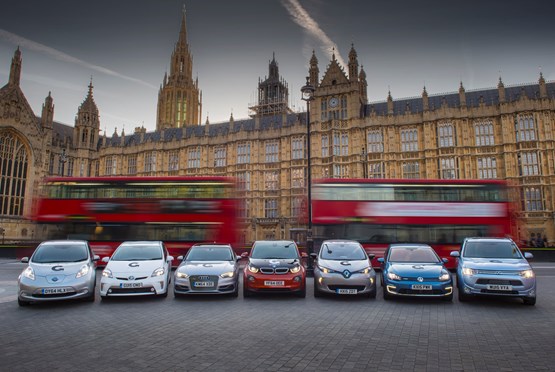
The alternative proposals suggested that when someone takes an insurance policy to cover a vehicle that can drive itself without human oversight, part of that policy should also cover automated driving.
In the event of a crash involving automated mode, the insurance company that issued this policy should have first instance liability. i.e. when an innocent party experiences harm, that insurance company should be compelled to pay the claims.
In return, the insurance company would have strengthened rights to reclaim damages from the party that was ultimately responsible whether that’s the manufacturer, the supplier or someone else in the system.
This approach means there is no gap in coverage for innocent victims.
Claims will be paid quickly and for the consumer it would be very similar to the system that operates now.
It also means any complex legal action will be between corporations rather than individuals.
A new UK Automated and Electric Vehicles Bill will enter the UK Parliament soon to establish this framework along with new measures on electric vehicle charging points.
Forbes says: “This might not be the only change to insurance law necessary for CAVs and it will not solve all the liability issues, particularly those relating to criminal liability.
“But it is a very important milestone designed in collaboration with a growing expert community gathered around this subject in the UK, something it might not have been possible to do in another country.”
The Government is investing more than £100 million, matched by industry, into research and development to build capability in CAVs, primarily through competitions set up to encourage collaborative research projects.
In one programme, bidders had to propose trials to demonstrate Level 4 autonomy in both urban and inter-city driving, which would have to involve an element of zero occupancy driving and tackle difficult environmental conditions, all within 30 months.
The Government is working on creating a co-ordinated network of real-world test beds and also funding a new dedicated CAV assessment centre.
“Targeted Government investment could upgrade these environments to be a one-stop shop for development that could stand on the global stage,” says Forbes.
“Last November, we announced a further £100m for new CAV testing infrastructure, to be matched by industry and focused on ensuring the UK’s comprehensive and globally competitive capability.”
Bids for first £55m are being assessed and a second phase will launch shortly.



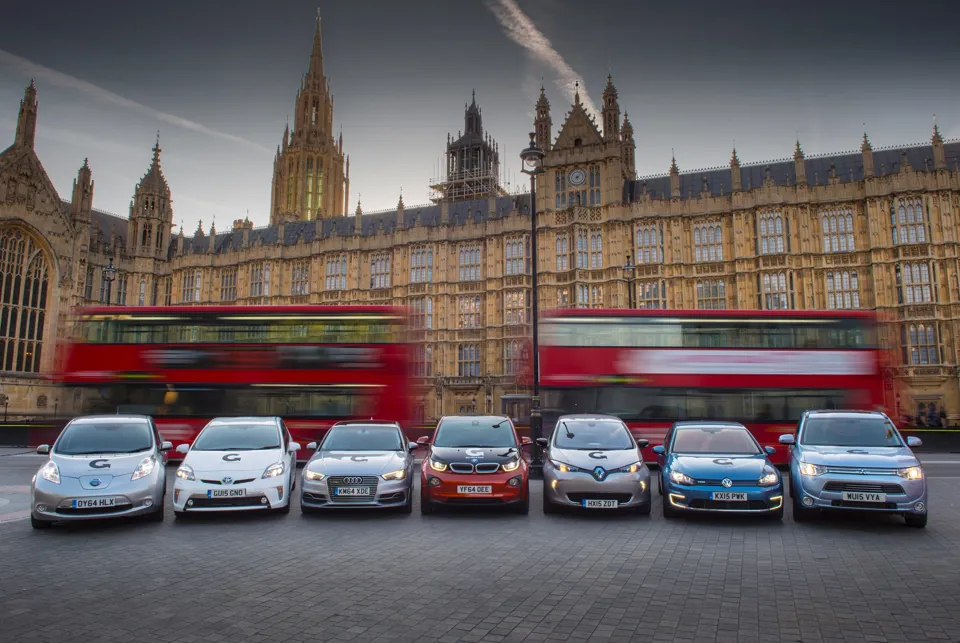







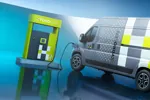

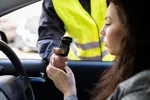


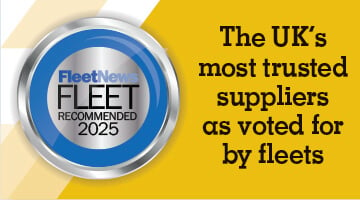

Login to comment
Comments
No comments have been made yet.